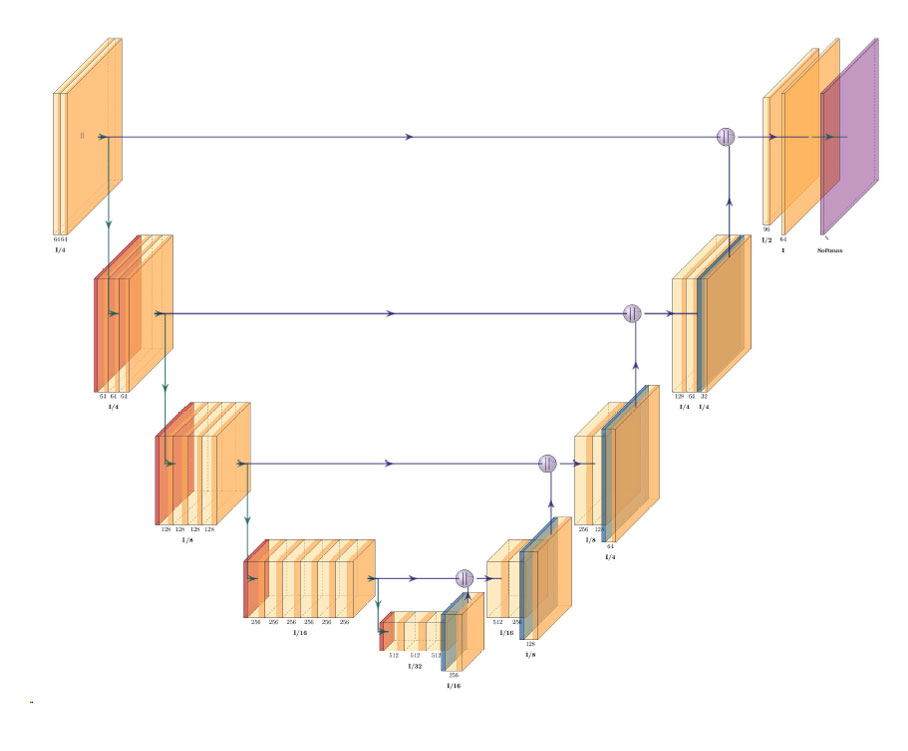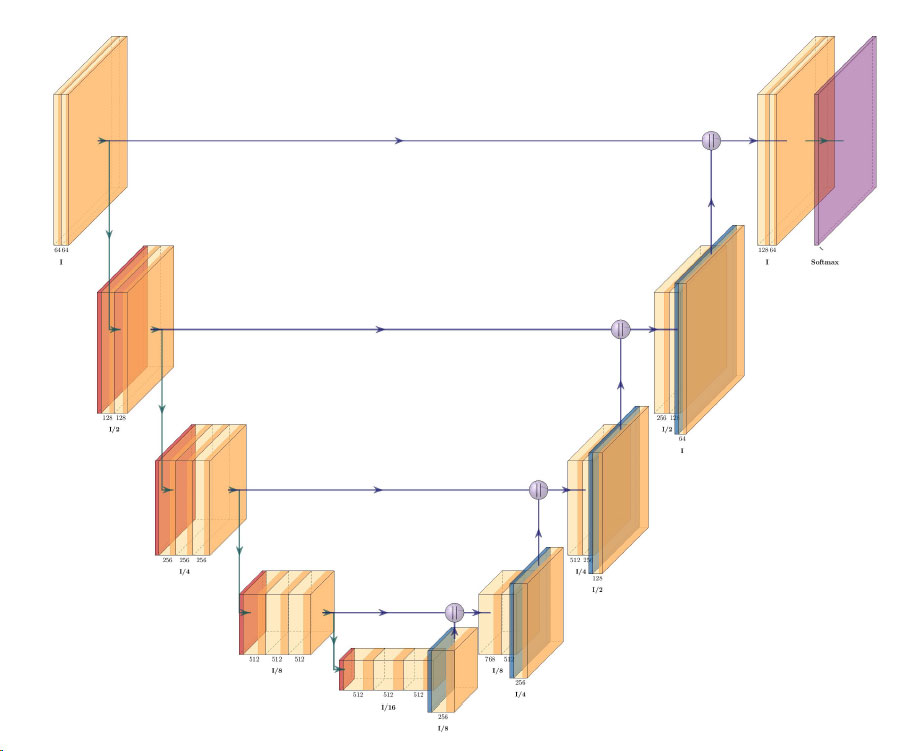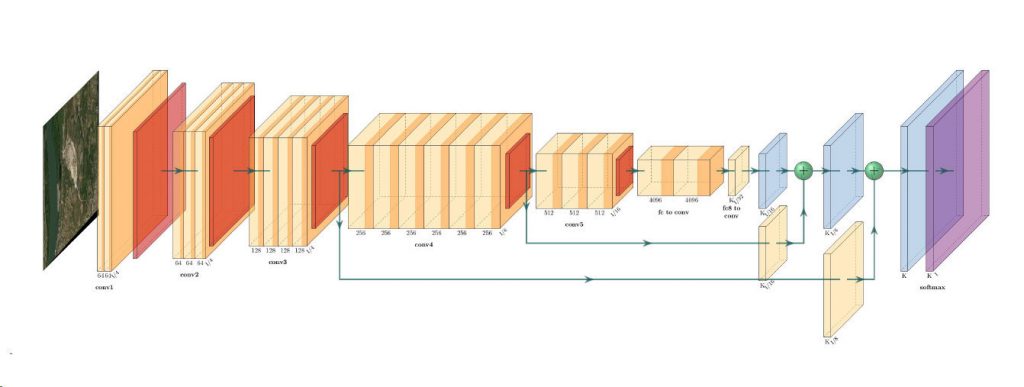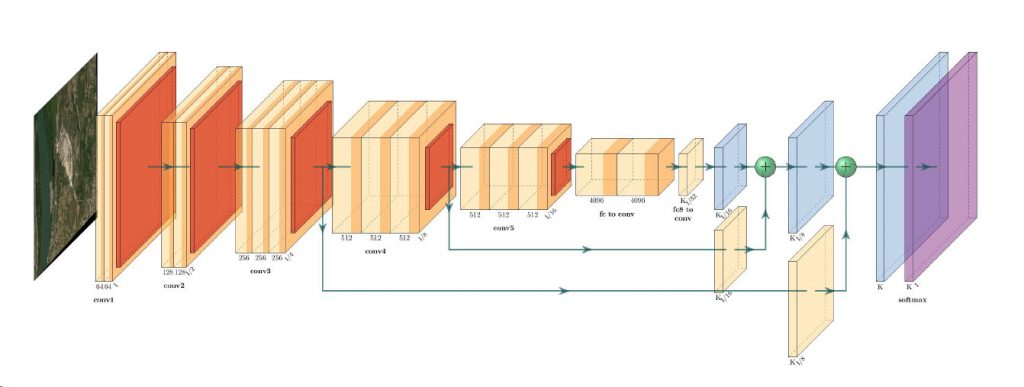Greek History Protected by Historic Data
- European Space Imaging
Known widely as the Cradle of Civilization and the Birthplace of Democracy, the history and legacy of Greece is unrivaled. From Thessaloniki in the north, to the sprawling capital city of Athens, to the historic island of Santorini, the country is filled with some of the world’s most familiar ancient architecture and landmarks, treasures that need to be protected.
Protecting the Natural Environment and Resources
The Greek Ministry of Environment, Energy and Climate Change is charged with protecting the country’s natural environment and resources, improving quality of life, mitigating climate change, and enhancing mechanisms and institutions for environmental governance. Adhering to building codes and regulations is also part of their responsibility.
Tracking Illegal Structures
Home to 17 UNESCO World Heritage Sites, Greece is a treasure trove of history. As such, the country takes building codes seriously, but monitoring illegal structures as well as structures that do not conform to previouslyissued building permits is no easy task. The Ministry of Environment turned to WorldView Global Alliance reseller TotalView for help.
Athens-based TotalView is a geo-information company. TotalView’s clients include the country’s largest network of utilities, public authorities, academic institutions, and construction and archeological firms that depend on TotalView for photogrammetry projects, remote sensing, and GIS solutions.
“Preserving the country’s architectural integrity, and not just in the historic areas, is a high priority for the Ministry of Environment,” says Vana Giavi, TotalView’s Managing Director. “We began the project about one year ago in a pilot program on the islands of Mykonos, Santorini, Paros and Antiparos, and we are now expanding into Athens and beyond.”

Very high resolution WorldView-2 imagery makes it easy to detect illegal buildings, and the approximate date they were constructed.
WorldView-2 Historic Archives an Ideal Solution
A recently passed Greek law strengthens the penalties for building code violations. Proving a violation and determining penalties is a lengthy and complex process, depending on the year of construction, when permits were issued and changes to a structure’s footprint over the years. The availability of historic data and the ability to demonstrate change over time is critical to proving violations.
“The combination of WorldView-2’s high resolution and high accuracy and the depth of the image library have become invaluable to the process,” says Giavi.
Historic Data Key to Ministry’s Efforts
The ability to identify, track, and determine precisely when a structure has been altered is at the core of the Ministry’s efforts to pinpoint illegally built structures and structures that have been illegally modified. In many cases, local citizens play an active role in the process, reporting potential violations to the Ministry.
Depending on the severity and validity of the complaint, the Ministry opens an investigation and accesses the DigitalGlobe archive in conjunction with the structure’s building permit history. With today’s financial and human resource constraints, the Ministry must be able to quickly and cost-effectively determine if the violation is legitimate.
"Given the financial environment across the European Union, government agencies need to be more expedient and cost efficient than ever before. WorldView-2 and the DigitalGlobe image archive are ideally suited to the task in this environment. It is the only satellite image archive that goes back far enough to adequately track if a permit has been violated. The accuracy and resolution of the imagery helps Ministry officials to quickly determine the severity of the violation and levy the appropriate fine."
VANA GIAVI, Managing Director, TotalView
Challenge
Develop a rapid and cost-efficient methodology to enable the Greek Ministry of Environment to identify and investigate structures that violate stringent building codes and requirements.
Solution
TotalView employed WorldView-2 high-resolution satellite imagery and the DigitalGlobe accurate and extensive image archive to identify illegal structures.
Results
In an austere economic climate, DigitalGlobe is enabling the Greek Ministry of Environment to rapidly and cost-effectively investigate citizen complaints and successfully levy the appropriate penalties and fines.
ABOUT TOTALVIEW
Athens-based TotalView, a WorldViewGlobal Alliance authorized reseller for three years, combines leading technologies with deep field experience and significant scientific training to provide a large network of utilities, public authorities, academic institutions, and construction and archeological firms with expert photogrammetry projects, remote sensing, and GIS solutions.
Related Stories

GEOSeries: Extracting Insights From High Resolution SAR Imagery for Time-Sensitive Analysis
In this webinar, industry experts and advanced users of Umbra SAR data showcase how they transform SAR imagery into actionable insights in real-world mapping, monitoring and intelligence applications. See how NV5 and Umbra leverage ENVI SAR Essentials for advanced processing with time-efficient results, converting analytics into valuable intelligence.
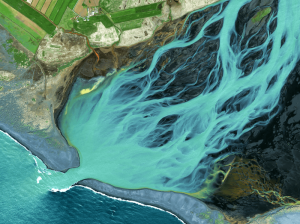
Using Satellite Imagery to Build Water Resilience Across Europe
Water across Europe is facing severe pressure. Climate change, urbanisation, agricultural demands and other sources of pollution are threatening water security and creating critical challenges that need to be addressed. We have to act quickly, build stronger systems and create sustainable water resilience practices – so that both natural ecosystems and human communities can thrive. Here is how satellite imagery from EUSI can help.
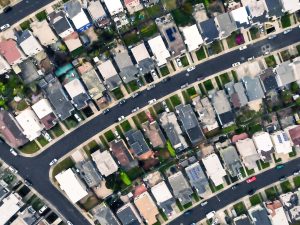
EUSI and Albedo Partner to Deliver 10 cm Resolution Satellite Imagery to Europe
It is our pleasure to announce the partnership with Albedo, a builder of high-performance spacecraft and the first satellite designed to operate commercially in VLEO (Very Low Earth Orbit). This partnership will bring the world’s highest resolution satellite imagery to the European and North African market.

Updating the Land Parcel Identification Systems in 2025: The Benefits of Using Satellite Images
Agricultural paying agencies across Europe face increasing challenges in maintaining accurate and up-to-date Land Parcel Identification Systems (LPIS), ensuring compliance with the Common Agricultural Policy (CAP) and supporting sustainable agricultural practices.


